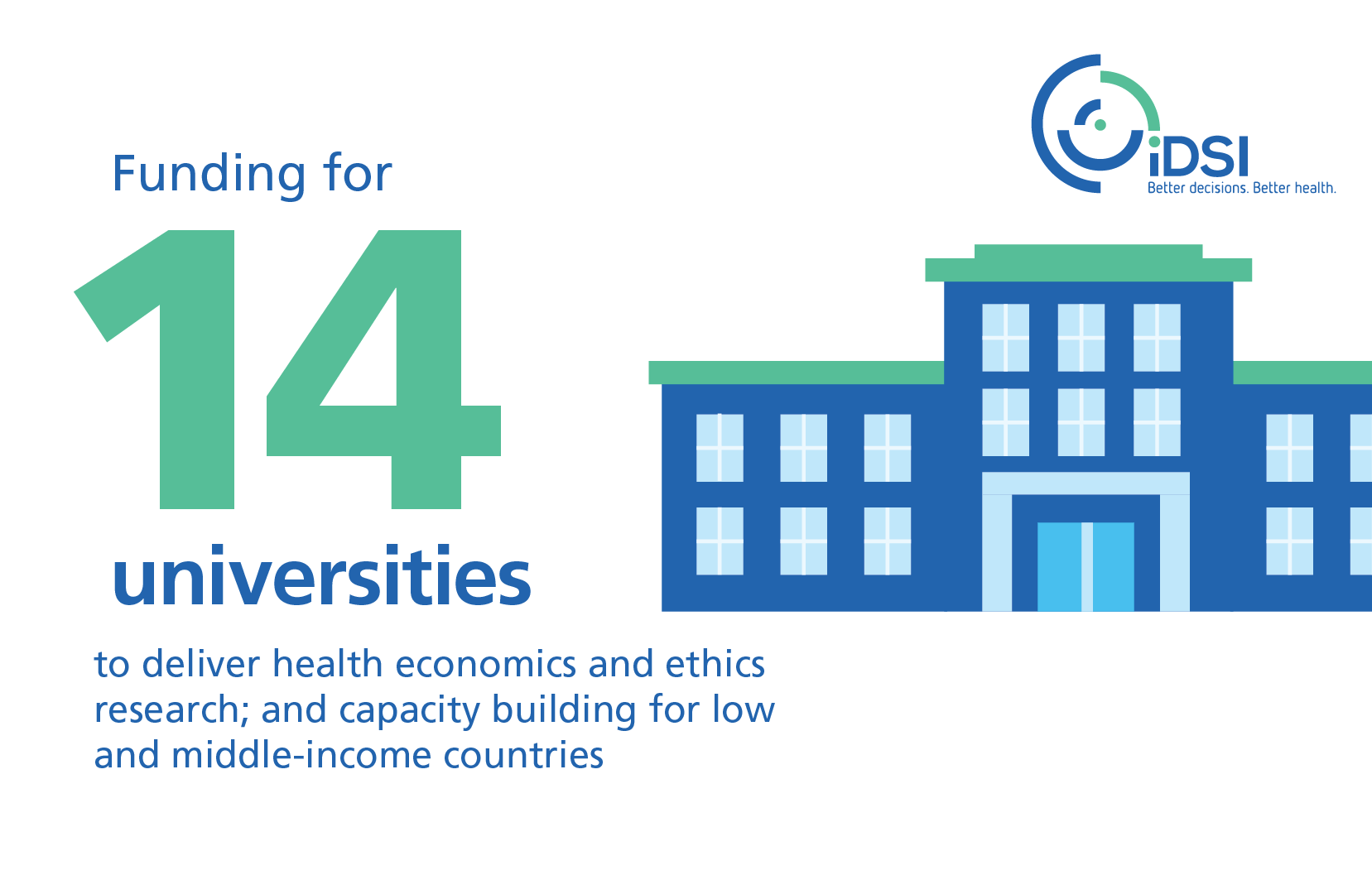Building and strengthening capacity for priority-setting in health
What do we mean by “capacity”?
Evidence-informed priority-setting in health is risky and challenging, particularly in resource-constrained settings. It is not simply a narrow technical exercise, and involves mobilising a wide range of capacities among stakeholders – not only the technical capacity to “do” research and generate clinical and health economic evidence. And whilst gathering evidence can be a global undertaking, understanding and acting on evidence can only happen locally. Thus there are at least two types of in-country capacities to be addressed:
- Suppliers of evidence – such as academic researchers – need to understand and respond to decision-makers’ needs and produce policy-relevant research;
- Users of evidence – such as policymakers and healthcare managers – may have broad understanding of policy and politics, but need equivalent capacity to understand, request and use relevant evidence, including of clinical and cost-effectiveness, and of social values, to inform decision-making.
Institutionalising HTA means building the institutional capacity, at all levels of the health system, to incentivise routine generation and use of evidence. Knowledge brokers, including priority-setting agencies (such as Health Interventions and Technology Assessment Program, Thailand, and the Norwegian Institute of Public Health) and the media can play an important role in facilitating engagement and knowledge transfer between the various actors. At every step, it is critical that patients and the public understand that trade-offs are inherent in priority-setting, and careful efforts should be made to engage them, and to hear their views throughout the process.
There is thus no single approach to capacity building; rather a spectrum of activities that recognises the roles and skills of all stakeholders. iDSI is working to drive international and national development efforts to build and strengthen in-country capacities and employs a range of methods, tailored to specific needs of each of our partner countries, including:
- formal and informal training, include HepTA (Health Technology Assessment postgraduate course at the Mahidol University) aimed at low- and middle-income country students
- networking and engagement
- collaboration on practical support projects to support institutionalisation of evidence-informed priority-setting.

Key reads
MSc in Health Technology Assessment (International Program), Mahidol University http://www.grad.mahidol.ac.th/en/prospective-students/view.php?id=7901M01G
Li R, Ruiz F, Culyer AJ et al. Evidence-informed capacity building for setting health priorities in low- and middle-income countries: A framework and recommendations for further research [version 1; referees: 2 approved]. F1000Research 2017, 6:231
(https://doi.org/10.12688/f1000research.10966.1)
Doherty J. Effective capacity-building strategies for health technology assessment: A rapid review of international experience [version 1; not peer reviewed]. F1000Research 2018, 7:1717 (document) (https://doi.org/10.7490/f1000research.1116257.1)
View articles and documents relating to capacity building on the iDSI Knowledge Gateway.